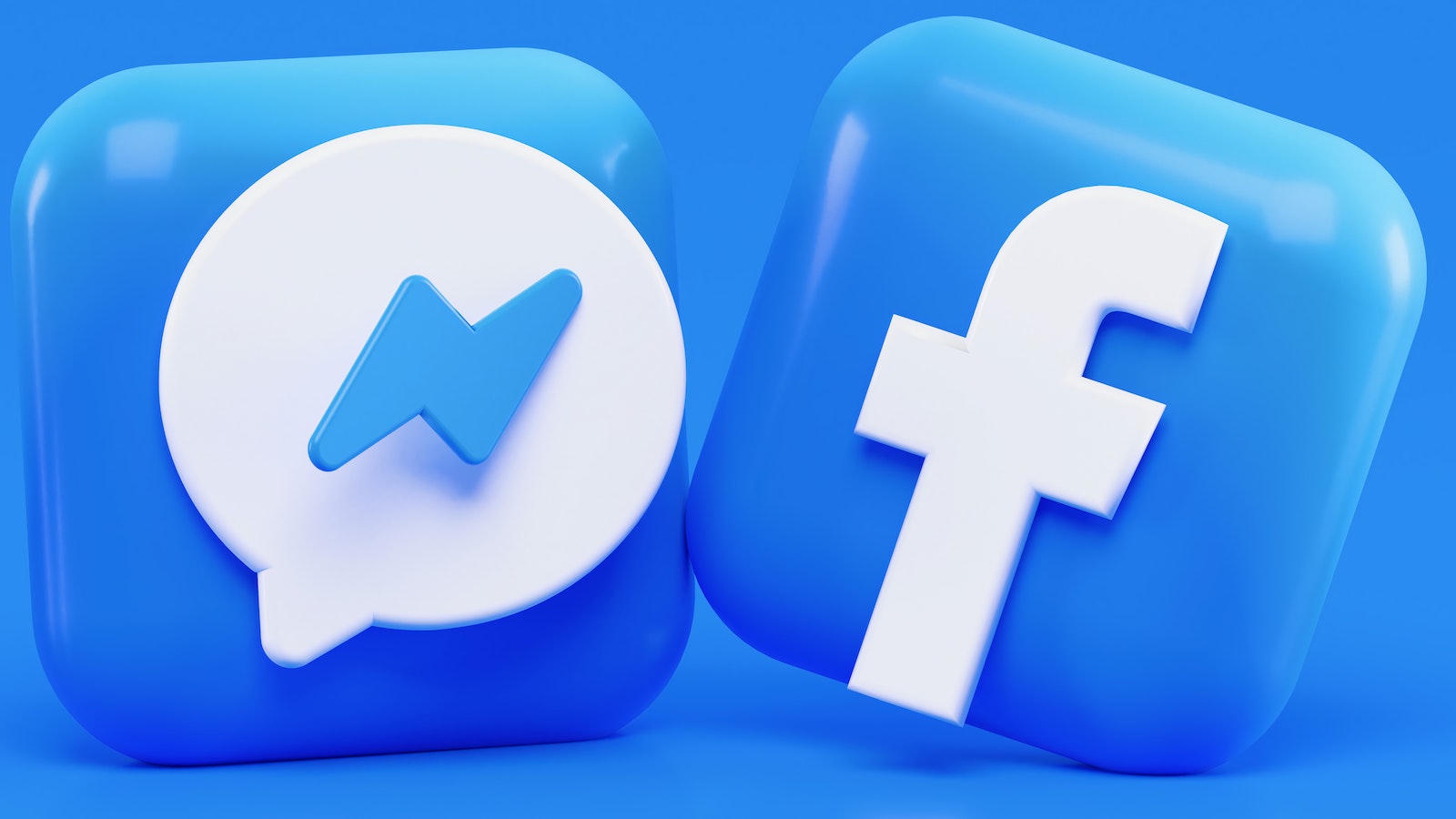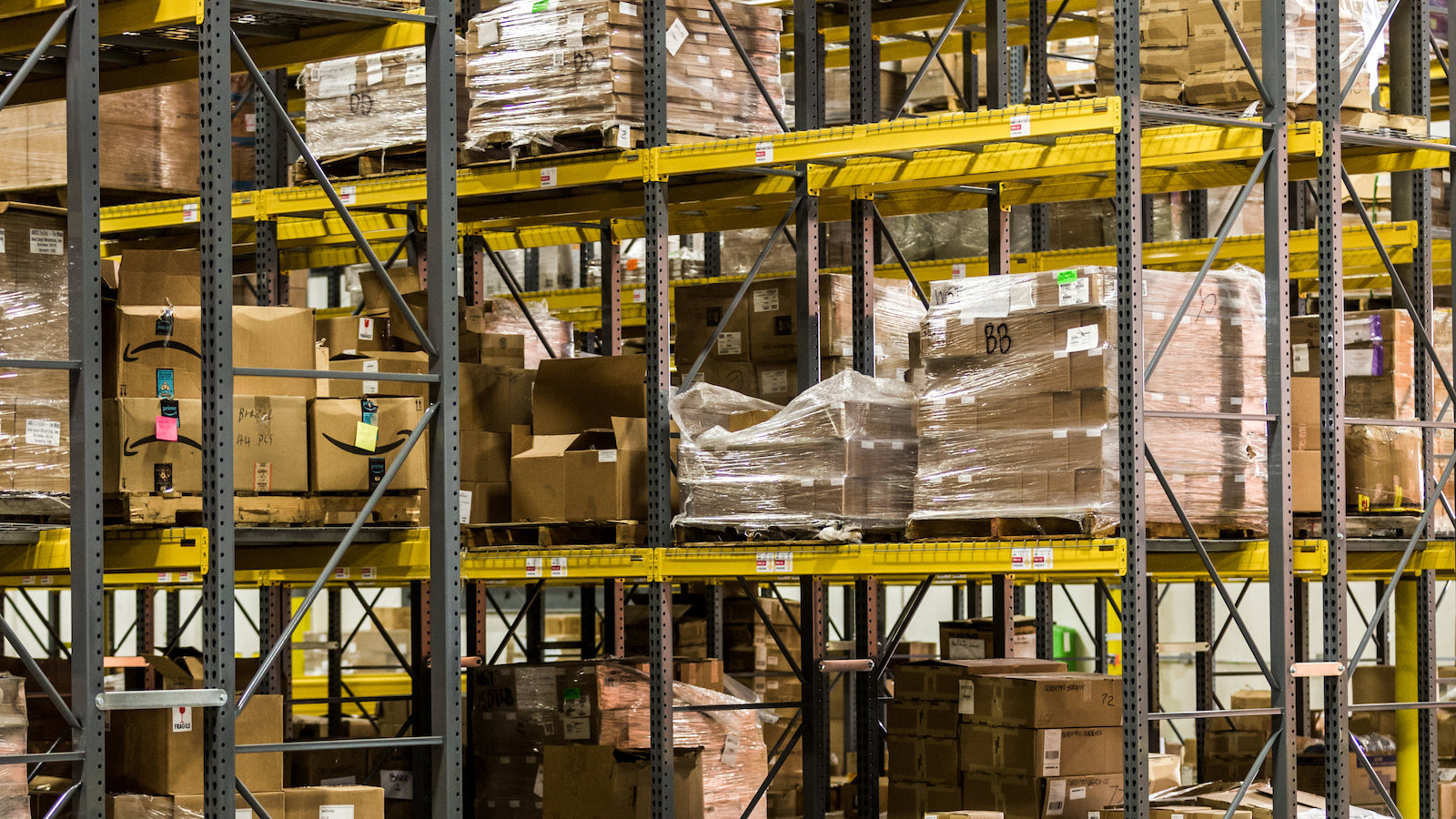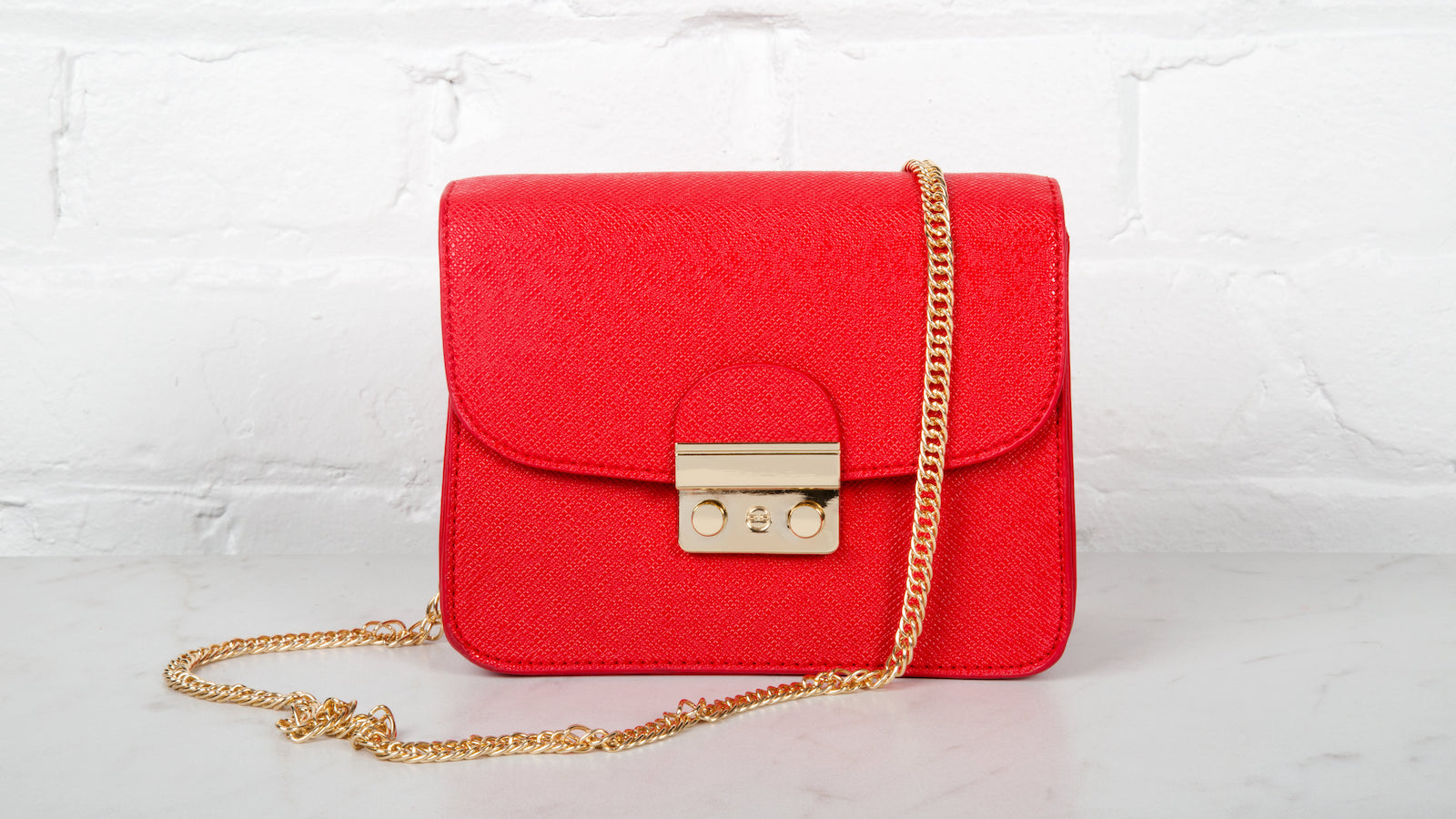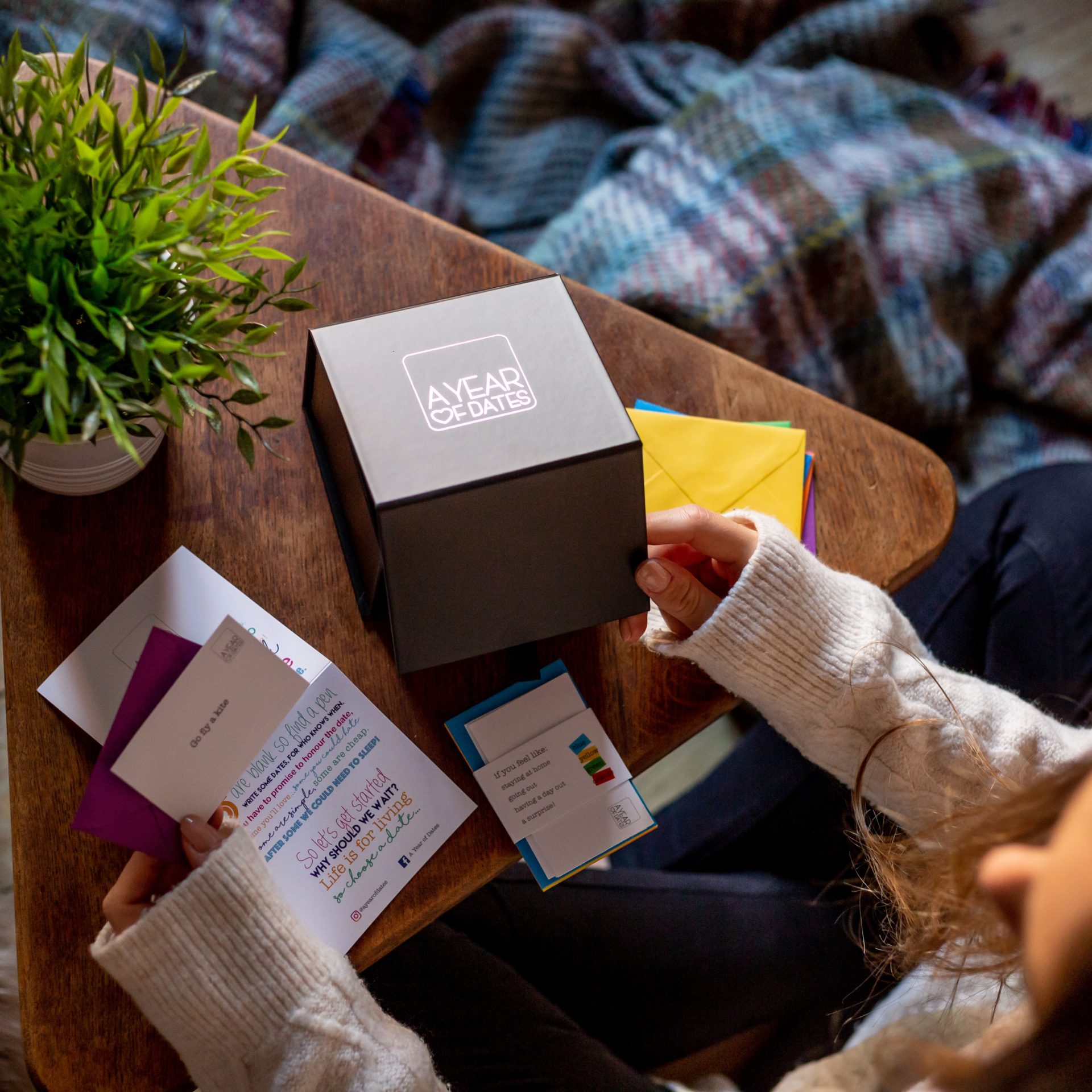Table of Contents
** Minutes
How does selling on Facebook work?
Benefits of selling on Facebook
Drawbacks and risks of social commerce
What you need to consider before you sell on Facebook
Brands that have successfully sold on Facebook
Tips and strategies to get started selling on Facebook
Not too long ago, there was only a handful of marketplaces like Amazon and eBay on top of selling directly from an online store.
But today, multichannel retailing is commonplace, which offers a multitude of options for brands to reach more customers than ever before.
The biggest opportunity is social selling — especially on Facebook.
But to successfully sell through Facebook, you will need the right systems in place to stay competitive and make the most out of this popular sales channel.
This article explores the rise of social selling, how to get started selling on Facebook, and how to manage orders from multiple channels.
The rise of social selling
If you have any doubts if social selling works, consider these statistics:
- Social media delivers a 100% higher lead-to-close rate than outbound marketing tactics.
- Companies who employ social selling are 51% more likely to achieve their sales goals and quotas.
- 70% of business-to-consumer (B2C) companies find customers through Facebook.
If you aren’t reaching people on social media, you’re missing a tremendous opportunity.
How does selling on Facebook work?
Facebook provides multiple options for individuals and small business owners to sell products.
Users can list their goods on Facebook Shops, Facebook Marketplace, or in Facebook Buy and Sell Groups. But how do these platforms work, and what are the key differences between them?
Facebook Shops
Facebook Shops, previously called a Facebook Page Shop, enables qualified ecommerce retailers to showcase their brands and products on a customised, mobile-optimised page.
Listed products also appear in users’ feeds, which provides an easy and effective way to drive traffic to your Shop. One of the benefits to a Shop is it integrates the social shopping experience across Instagram and Facebook.
Sellers can also create collections within their Shop to further enhance the shopping experience. Each collection can feature a cover photo, a name, description, and two or more products.
Facebook Marketplace
While Facebook Shops are designed exclusively for business owners, the Marketplace brings ecommerce businesses and individuals selling items on Facebook into one convenient location.
This makes your products more easily searchable by people looking to make a purchase on Facebook.
If your Shop is set up with checkout capabilities, you can advertise items on Facebook Marketplace for free and your customers can check out without ever leaving the app.
It’s important to note that Facebook collects a 5% selling fee per transaction, so keep that in mind when you set your prices to sell on Facebook, whether in your Shop or through Marketplace listings.
Facebook Buy and Sell groups
Buy and Sell groups give Facebook users yet another option to list their merchandise for sale. The Buy and Sell Facebook Group, which is one of the larger groups devoted to buying and selling, has more than 60,000 members and shares 10+ posts per day.
The broad-reaching “Buy and Sell Online United States of America” group has more than 338,000 members.
Additionally, there are niche Buy and Sell Facebook groups that have tens of thousands of members that also focus on specific regions. For instance, the “Buy and Sell Your Homemade Crafts” group, which could be considered Facebook’s answer to Etsy, has 58,000 members.
It’s easy to start listing your products in Buy and Sell groups, but you will need to make sure the items you’re selling comply with Facebook’s rules and commerce policies, which includes a lengthy list of items you aren’t allowed to sell, including items prohibited by law.
Benefits of selling on Facebook
It’s easy for you to sell products on Facebook, even if you don’t have an ecommerce website. Around 2 billion people use Facebook each month — that’s nearly one-quarter of the world.
Besides the tremendous audience that can range from local customers to people across the globe, Facebook delivers many other benefits for retailers.
It is fast, easy, and affordable to set up a shop and start selling. It’s also easy to find a highly targeted audience in established Buy and Sell groups, too, or even to create your own group and cultivate an audience that loves your products.
Social selling has grown tremendously in recent years, with 78% of businesses that use social selling outperforming their competitors,according to Hootsuite, and 18% of Facebook users in the US made a purchase through the social media platform in 2020.
The section below breaks down the top benefits of selling on Facebook.
Personalised experience
Facebook makes it easy to reach your target audience and deliver a personalised experience.
For instance, Facebook offers robust advertising and retargeting capabilities and the niche Buy and Sell groups are tailored for users with specific interests or in certain demographics.
Selling on Facebook also offers an opportunity for niche brands to make one-on-one connections with consumers, which can help build relationships that lead to sales.
Lower marketing costs
It is free to place listings in the Facebook Marketplace, share your merchandise in Buy and Sell groups, or build a Facebook Shop to attract customers.
Compare this with the costs associated with building and maintaining an ecommerce website, including hosting fees, web development, and investing either time and money into creating SEO-friendly listings that will help shoppers find your site.
With all this in mind, you’ll realise Facebook is a great addition to your selling strategy. Facebook delivers a built-in audience and includes all the infrastructure you need to market your products.
Streamlined checkout and shipping process
On top of reduced selling costs compared with running an ecommerce website, Facebook also offers a simplified shopping cart and shipping process.
Customers can check out through the Facebook app and the seller can choose the shipping option and receive package tracking and delivery confirmation.
This flexibility makes Facebook a valuable selling platform for ecommerce retailers who also have other websites, as well as those who want to do business exclusively through Facebook.
Facebook also integrates with top shipping and fulfilment solutions, so you can easily connect Facebook with your existing supply chain technology stack.
More brand recognition and awareness
With so many users worldwide and so many ways to engage users on Facebook, including stories, reels and product listings, Facebook helps brands — especially new brands — get the boost needed to build awareness.
HubSpot reports that42% of people use social media channels to research products before making a buying decision and, of the channels used, 51% of survey respondents said they turned to Facebook.
Additionally,50% of those surveyed say they purchased from a social media platform, with 36% of those internet users citing Facebook as their platform of choice. People spend time on Facebook connecting with family and friends.
When a product catches their eye, it is convenient to make the purchase without having to leave the platform.
Drawbacks and risks of social commerce
No ecommerce platform or tactic is perfect and social selling has its risks and drawbacks, too.
Focusing exclusively on selling through Facebook can limit your market, and the platform has associated fees that you will need to factor into overall costs.
Excluding customers
Here is a high-level overview of Facebook’s user demographic:
- 69% of American adults say they have used Facebook.
- The majority of Facebook users fall between the ages of 18 and 44.
- While only 4.8% of Facebook users are ages 65 and up.
These figures indicate that while you can reach a vast majority of the population through Facebook, you won’t reach everyone.
Selling on multiple channels, whether it’s another social channel like TikTok or selling on a major marketplace, will help your brand reach your target audience more effectively.
Fees
In terms of selling fees, they are pretty straightforward for Facebook. For instance, merchants are charged 5% per purchase through Facebook Shop — and selling on Facebook Marketplace is free.
But if you want to increase visibility, you might want to consider putting together a Facebook ad budget to gain more visibility for some or all of your listings.
Threats of being shut down
It’s important to understand the rules for doing business on Facebook. Otherwise, you could even have your business and personal accounts banned from Facebook for breaking the rules.
However, since artificial intelligence algorithms are often used to spot problematic posts — and Facebook users can also report posts as inappropriate for any reason — you could have your shop mistakenly shut down for a post that didn’t violate the terms of service. If this happens, you’ll lose money each day your shop is not operational.
Also, it’s important to note that if you sell certain products, such as products marketed to adults or health supplements, you may be prohibited from selling them on Facebook, according to the platform’s ecommerce rules.
You can find a list of rules and prohibited items here.
What you need to consider before you sell on Facebook
Considering how easy it is to sell on Facebook, and the broad audience you can reach with your products, you still have to consider whether or not the products you sell are a good fit for Facebook.
Determine if your target audience spends a lot of time on Facebook, first of all. And decide if you can make enough money on your products even once you factor in the 5% fees. If your products don’t have a very high markup, it might be better to find other ways to sell them.
If you’ve decided that your products are a good fit for Facebook selling, you’ll want to choose the right channel on the platform to promote them.
Picking the right avenue
If you have highly visual items that lend themselves well to various collections, Facebook Shop might be the best place for your brand.
If you have a niche product, you might be best promoting it in a group where you’ll find fans of your brand and of other products like yours.
Facebook Marketplace is a broad-reaching channel and it can pay to cross-market your merchandise from your Shop or Buy and Sell groups to the Marketplace for maximum visibility. It’s also a great option for local selling.
Ensuring your ecommerce platform syncs with Facebook
Not all ecommerce platforms sync with Facebook Marketplace, which can make it harder to process sales and ship to customers.
Other than making sure your online store syncs with Facebook, you also have to think about how orders will be tracked, shipped and fulfilled. For instance, many brands that sell on multiple channels, including Facebook, partner with ShipBob.
ShipBob makes it easy to integrate multiple shopping platforms, including Facebook Marketplace, to streamline operations and improve customer satisfaction.
Using a reliable, omnichannel 3PL with a Facebook integration can also help your business adhere to Facebook shipping policies, such as guaranteed shipping times within three business days.
Following Facebook policies
Understanding Facebook’s policies and best practices, especially around shipping, can ensure you won’t get your Facebook account suspended or have your virtual storefront closed down.
It’s important to also know the Facebook policies for selling on marketplace, which include:
- Shipping merchandise within three business days of confirming the order.
- Responding to customer inquiries within two business days.
You can find more information on Facebook’s selling and shipping requirements here.
Brands that have successfully sold on Facebook
There’s no doubt that there’s plenty of opportunity to sell on Facebook.
Here are some success stories from ShipBob customers that have successfully sold on Facebook.
Infuze Hydration
Beverage tech company Infuze Hydration has a clean and compelling Facebook Shop where they sell their flagship hydration vessels, water enhancers and starter kits that include a vessel with flavored enhancers.
Their Facebook Page, which includes a link to the shop, is well-maintained with compelling and relevant content that encourages reader interaction. The page includes a mix of sales, consumer education and engagement posts. The page administrators respond to both positive and negative comments quickly.
But their Facebook sales success may not have been possible without the right 3PL firm behind them.
Partnering with ShipBob helped Infuze:
- Reduce picking errors by 35%
- Increase fulfilment speed by 130%
- More than double the number of orders shipped per day.
These logistical and supply chain improvements made it easier for the company to meet Facebook seller requirements of rapid responses and three-day order fulfilment.
“With ShipBob, there are so many checks and balances, so we don’t screw up picking. It’s been great. We can track our inventory in real time now, knowing the number of units we have for each product and where they all are in our warehouse.”
Rick Corbridge, COO at Infuze Hydration
Touchland
Touchland is a company that has been ahead of its time, marketing hand sanitiser as a beauty product even before the pandemic. When COVID hit, the company was able to rely on ShipBob to fulfil 700 orders per day.
Even with 34,000 customers waitlisted during these critical times, the company maintained a positive reputation and sold 10,000 of its large KUB dispensers to B2B clients like Equinox, Four Seasons, and the Ritz Carlton.
Touchland is also ahead of the curve when it comes to social selling, leveraging videos that position Touchland as a luxury brand on Facebook. The company has also gone viral on TikTok, showing that it knows how to reach all ages and generations through social platforms.
Touchland’s Facebook Shop is clean and streamlined, making it easy for visitors to make a selection and purchase. The Shop shows just four products. Click on a product and you’ll be taken to different colours or scents available and a succinct, useful product description.
“Touchland has been working with ShipBob since 2018 and there are several reasons why ShipBob has been the perfect partner. Overall, we have had a great experience having a ShipBob as a partner that can scale fast with us.”
Andrea Lisbona, Founder & CEO of Touchland
Prymal Coffee Creamer
With more than 15,000 page likes, the Prymal Coffee Creamer Facebook page, which connects to the company’s Shop, is fun, relevant and eye-catching.
Fabulous, colorful photos advertise the company’s latest flavours of sugar-free, non-dairy creamers. ShipBob’s warehouse management system helps Prymal get creamers from their in-house fulfilment centre into the hands of eager Facebook users.
“When I switched to ShipBob, it was game over! I could finally start growing my business. They made the move from my prior 3PL fast and easy, and I saw the benefits of working with them right away.”
Courtney Lee, Prymal
Tips and strategies to get started selling on Facebook
Selling on Facebook can be incredibly lucrative, providing online business of all sizes an opportunity to connect with the right customers.
Following some best practices can help you garner positive customer reviews, which can lead to more sales as those reviews serve as social proof.
Encouraging interaction between your brand and consumers can also help your posts show up in more feeds, which can also increase visibility and sales.
Be community-led
Knowing your audience should be one of the first marketing rules for any brand to follow.
But it’s even more important when you’re using social selling. You must relate to your audience in unique and memorable ways to establish trust and build brand recognition.
Let your community guide you to deliver content of value within your niche, encourage interaction and recognise user-generated content (UGC) that can help boost your brand’s visibility and profile.
Set reasonable prices
Shoppers on Facebook are looking at price on top of quality and brand reputations. Put time into researching your industry or field to ensure that your prices are comparable to competitors in the Marketplace. With the right pricing strategy, you will be able to stay competitive, sell more, and improve profits margins.
When consumers have so many similar products to choose from all in one place, you need every advantage you can to stand out favorably.
You don’t want to lose sales because you’re the most expensive option, unless you’re delivering incredible value above and beyond what competitors are offering.
Create eye-catching visuals
Social selling means content is important if you want to engage your customers, including the use of images and videos.
Facebook Shops give an opportunity to showcase your products in a visually appealing way, while Reels, videos and even Facebook Live events allow you ways to share your brand’s unique story and your products in an in-depth manner.
Plan for surges in demand
Logistics are more important today than ever before. Expect surges in demand, either based on seasonality or simply one of your videos going viral and creating incredible demand for your product. It’s a problem every ecommerce retailer would love to have.
It’s also wise to ensure you have the right 3PL partner lined up to help you meet demand. Failing to ship products within three business days of an order confirmation goes against Facebook business policies.
It is also bad for business and could lead to customer complaints, bad reviews and a loss of future sales.
Managing orders across multiple platforms
Whole selling across multiple sales channels can generate more sales, tracking orders coming in from different channels can get challenging and time-consuming. It can slow down the shipping process, as well as lower your order accuracy rate.
With ShipBob’s omnichannel fulfilment solution, you can easily sell, track, and manage orders across channels like Facebook. Once an order comes in, it is automatically routed to the nearest fulfilment centre location where inventory is stored.
With ShipBob, you’re able to expand into multiple sales channels and track inventory in real time. This way, you can easily optimise inventory levels, track historical stock data, and ship orders purchased that come in via website, marketplaces, social platforms, physical locations, and more.
Request more information about ShipBob’s omnichannel fulfilment solution today.
Selling on Facebook FAQs
Here are answers to the most common questions about selling on Facebook.
Does selling on Facebook cost money?
It does not cost money to list your products on Facebook Marketplace or in ‘Buy and Sell’ groups. Setting up a Facebook Shop is also free. But transactions processed through Facebook carry a fee of 5%.
What are the rules for selling on Facebook?
You must understand what you can and cannot sell on Facebook. Additionally, you’ll want to make sure you ship all items within three days of order confirmation and respond to customer questions and complaints within two days to remain in compliance of Facebook seller rules.
Is Facebook a good place to sell items?
With more than 1 million sellers on Facebook Shops,according to RetailBum.com, brands must be having success selling items on Facebook. With options that range from the marketplace to niche groups or individual Shops for brands with Facebook pages, Facebook offers a place for virtually every seller to find the right buyers.
What are some examples of items that sell on Facebook?
Cosmetics, apparel, and home decors are just a few examples of what can be sold on Facebook. As long as an item is not prohibited by Facebook seller guidelines, you can list and sell it on Facebook.
Does ShipBob fulfil orders placed on Facebook?
Yes! ShipBob integrates with Facebook Marketplace and can fulfil and ship orders received through the platform.



